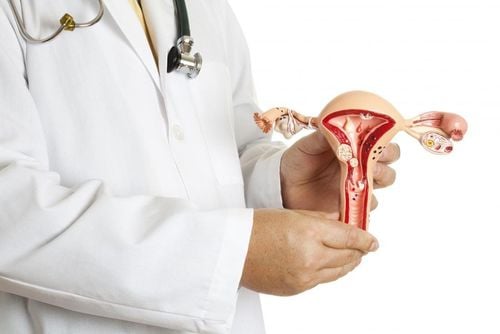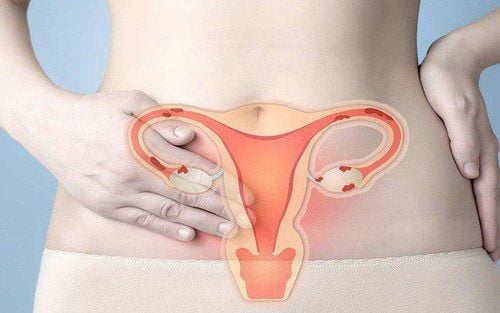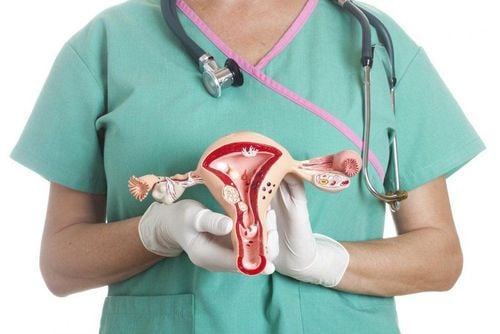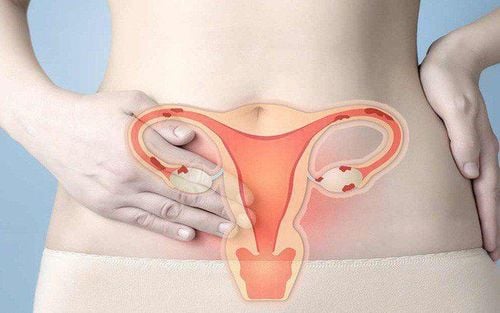This is an automatically translated article.
The article was professionally consulted by Dr. Nguyen Anh Tu - Doctor of Obstetric Ultrasound - Prenatal Diagnosis - Obstetrics Department - Vinmec Hai Phong International General Hospital.Most uterine polyps are benign, however, can affect fertility, daily activities and reduce the quality of life of the patient.
1. What are uterine polyps?
Uterine polyps are one of the most common diseases in women. A uterine polyp is a tumor attached to the inner wall of the uterus and protrudes into the uterine cavity. Uterine polyps are formed mainly by the overgrowth of cells in the endometrium. These polyps are mostly benign, but will affect a woman's ability to get pregnant if left untreated and cause abnormal uterine bleeding. Currently, the exact percentage of people infected with the disease is not known because some cases do not show any symptoms.Due to overgrowth of the gland and endometrial stromal (NMTC) - which surrounds the outside of a core of blood vessels and connective tissue, causes polyps to form. Polyps range in size from a few millimeters (mm) to several centimeters (cm), single or multiple, pedunculated or sessile, and can develop anywhere in the uterine cavity.
Uterine polyps are divided into 2 types (according to location):
Uterine polyps (sometimes referred to as uterine polyps) are tumors that develop in the uterine cavity. Cervical polyps are tiny tumors that arise from the outer cervix or from the inner cervix and protrude through the external cervical opening.
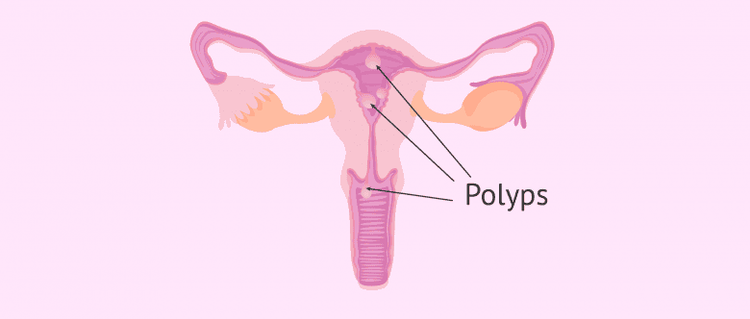
2. Signs of uterine polyps
The most common symptom of uterine polyps is irregular periods. In addition, can be identified through the following signs:Irregular menstrual cycle, menorrhagia, heavy bleeding. Irregular bleeding: Abnormal heavy bleeding during menstruation; bleeding between periods; or bleeding after menopause .... Vaginal dryness. May be accompanied by abdominal pain, anemia. Some cases show no symptoms, are discovered incidentally during infertility examination, or through cervical cytology, uterine biopsy... Abnormal uterine bleeding (AUB), 64 – 88% of cases of colon polyps have AUB. Bleeding nature: often mid-cycle, spotting, or heavier bleeding during periods (hypermenorrhoea).
3. Diagnosis of uterine polyps
To diagnose uterine polyps, the doctor may assign the patient to perform a number of tests including:Ultrasound: In which transvaginal ultrasound is the first choice to evaluate gynecological pathology, Uterine pump ultrasound Pelvic ultrasound, in which transvaginal ultrasound (TVUS) is the first choice to evaluate gynecological pathology in cases with AUB Transvaginal ultrasound (saline infusion sonogram-SIS) 3D ultrasound of the uterus: 3D ultrasound gives the results of sensitivity and specificity equivalent to ultrasound of the uterus and minimizes interference and infection into the uterine cavity. Diagnostic hysteroscopy: Uterine pump ultrasound and hysteroscopy help diagnose polyp lesion shape and location more clearly than transvaginal ultrasound. In addition, during hysteroscopy, the doctor can intervene to remove polyps. Hysteroscopy is the gold standard for diagnosis with a higher sensitivity and specificity ratio than ultrasound, 3D ultrasound, and hysteroscopy.
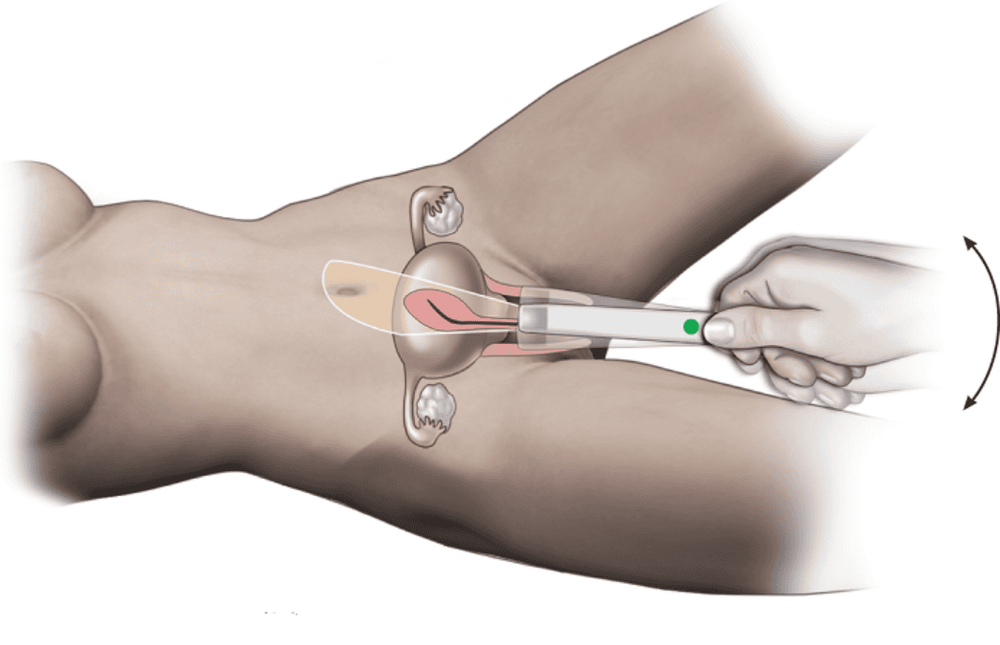
In order to help customers detect and treat other gynecological diseases early, Vinmec International Hospital has a basic gynecological examination and screening package, helping customers detect early inflammatory diseases Easy, inexpensive treatment. Screening detects gynecological cancer (cervical cancer) early even when there are no symptoms.
If you have unusual symptoms, you should be examined and consulted with a specialist.
Please dial HOTLINE for more information or register for an appointment HERE. Download MyVinmec app to make appointments faster and to manage your bookings easily.






